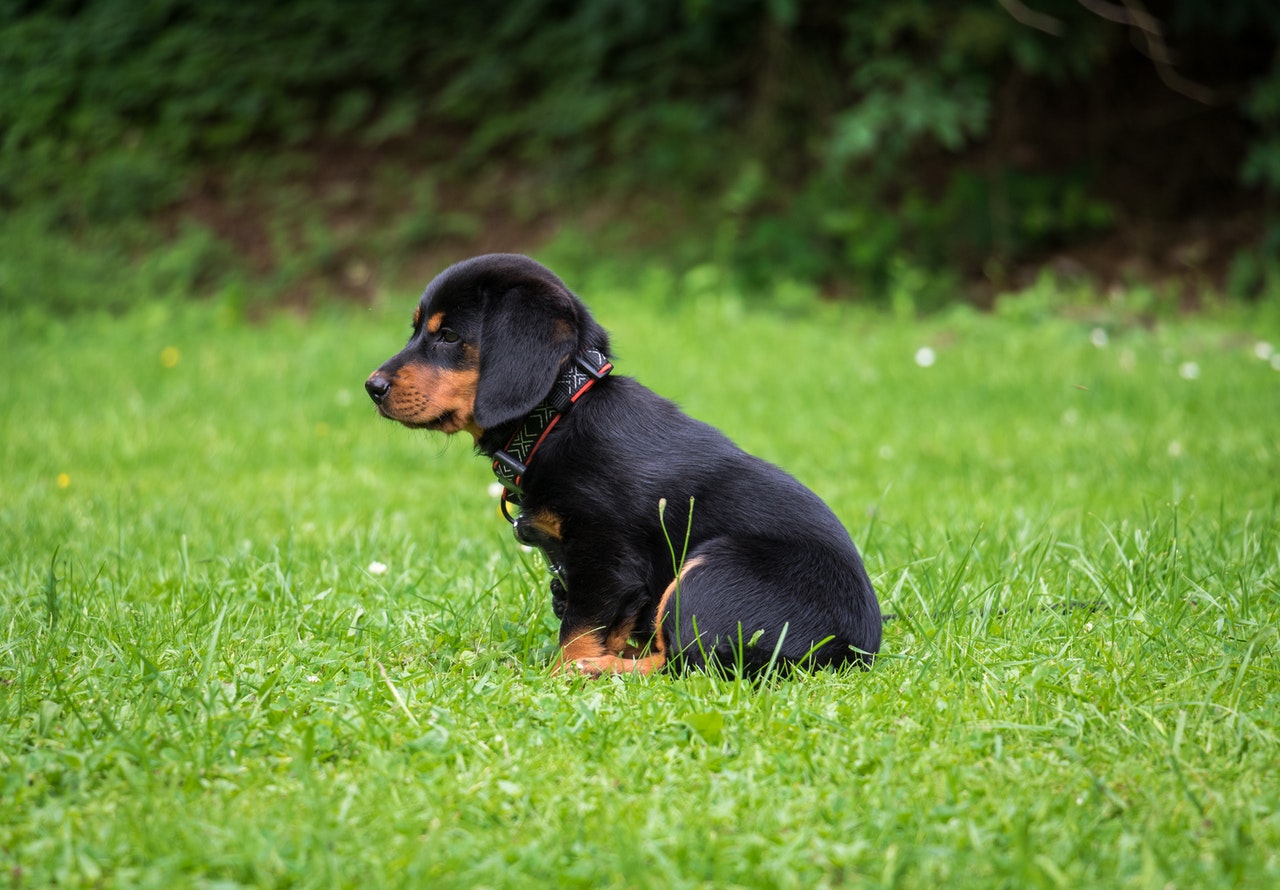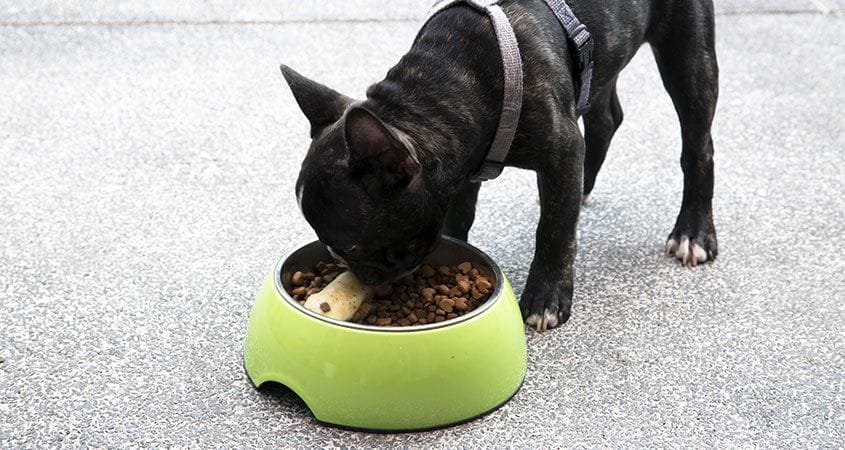Owners are often taken aback when a dog returns from a romp coated in foul odors and questionable gross stuff muck.
It’s a place we’ve all been. You’re walking your dog in the clean air, enjoying the scenery and sounds of nature. It happens when you’re distracted. Your dog has recently uncovered something truly disgusting and is thoroughly adhesive himself with whichever foul material he’s recently uncovered by rolling about on top of it, clawed in the air.
What Causes Dogs To Roll In Gross Stuff Stinky Things, And How Can You Stop Them?
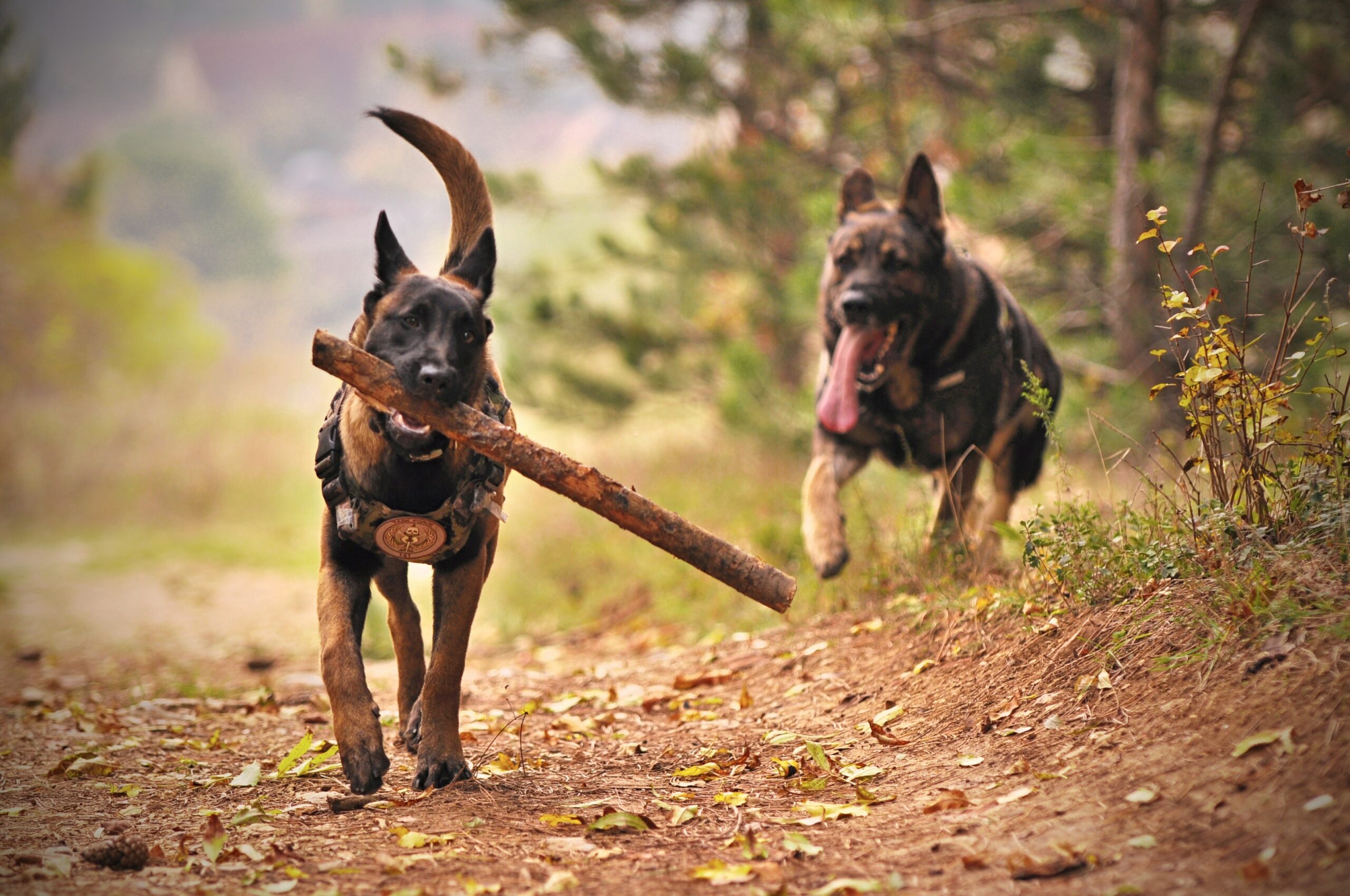
My dog will often roll around in rubbish or manure or anything equally repulsive to humans even though it appears to be perfectly normal and healthy to them. It was common for the dog to return home smelling like a sewer, and it would need to be bathed or at the very least hosed down before being let back inside.
There are several hypotheses as to why dogs like to cover themselves in foul scents. Lice and fleas, for example, are thought to avoid a foul-smelling object as a breeding ground.
It’s been suggested that this is a way to combat parasites, which is just plain ridiculous. Unfortunately, terrible dog smells don’t seem to deter most insects, and in fact, many insects seem to be drawn to them. After that, the theory goes that the wild dog will roll in the gross stuff and then return to his pack.
When the other members of his gang smell it, they immediately realize there is food around. This isn’t something that happens regularly.
What Kinds Of Dogs Are Likely To Arrive?
A dog’s sense of smell is far more sophisticated than the average human’s, which is why they are drawn to solid and pungent smells.
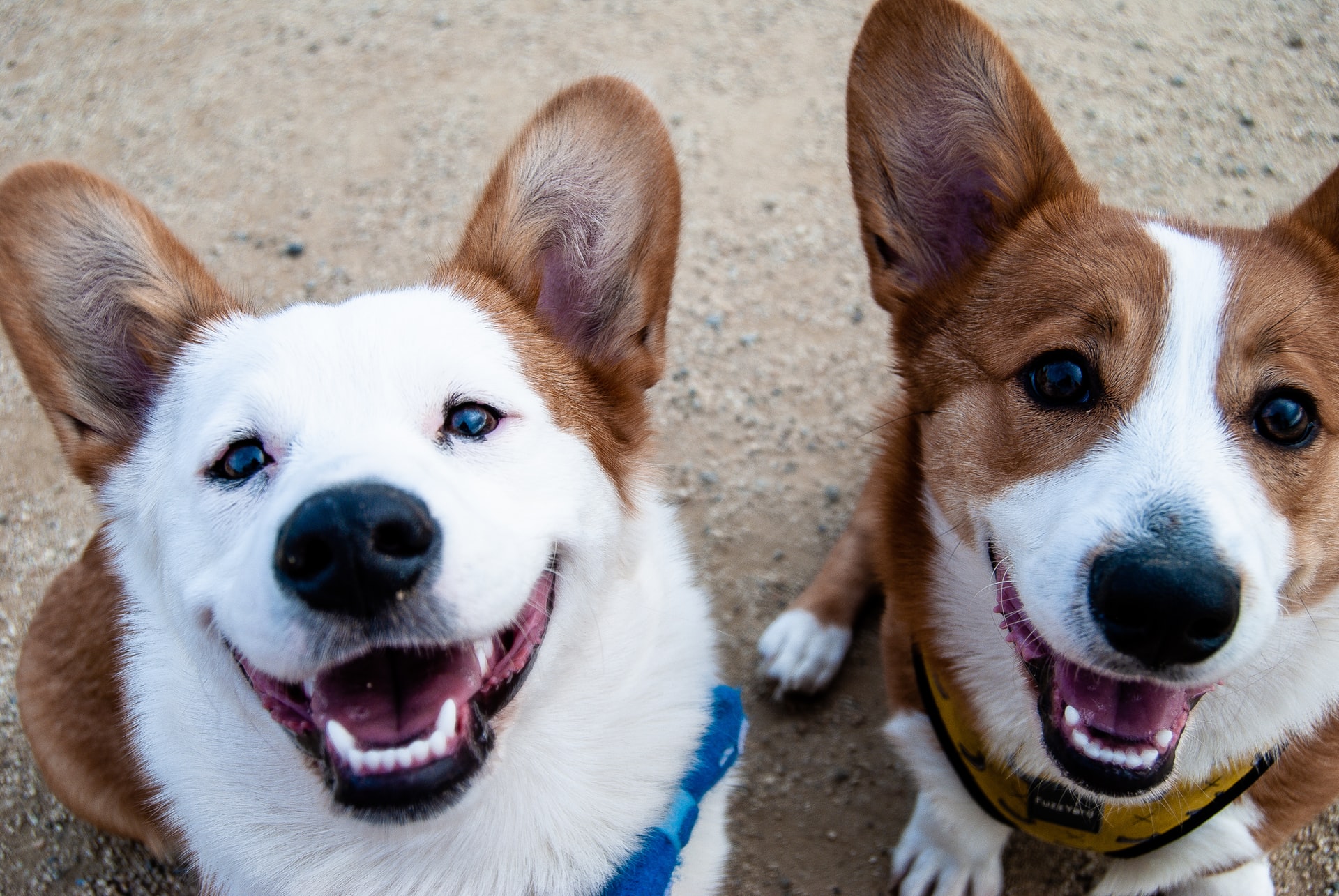
Roadkill, carcasses, and dead fish are all examples of carrion. Dried or fresh feces and manure are both acceptable. Mud puddles do not appeal to me in terms of aroma, and I avoid them at all costs.
Composting And Garbage Collection
On the other hand, dogs are lured to these foul-smelling piles and will happily roll around in them, rubbing the stench into their fur and skin.
When Dogs Roll In Stinky Things, Here’s Why:
No one knows why dogs like to roll in rotting or stinky things, but various factors can explain it’s an innate behavior.
An Instinct For Hunting:
Dogs may use other potent fragrances to mask their natural scents to avoid being detected by their prey. Many wild canines engage in this type of behavior; the most well-known of these is the wolf.
Communication:
Dogs can keep an olfactory journal of their travels and exciting discoveries by rolling in various scents. When they get back home, they can tell the rest of the pack about it.
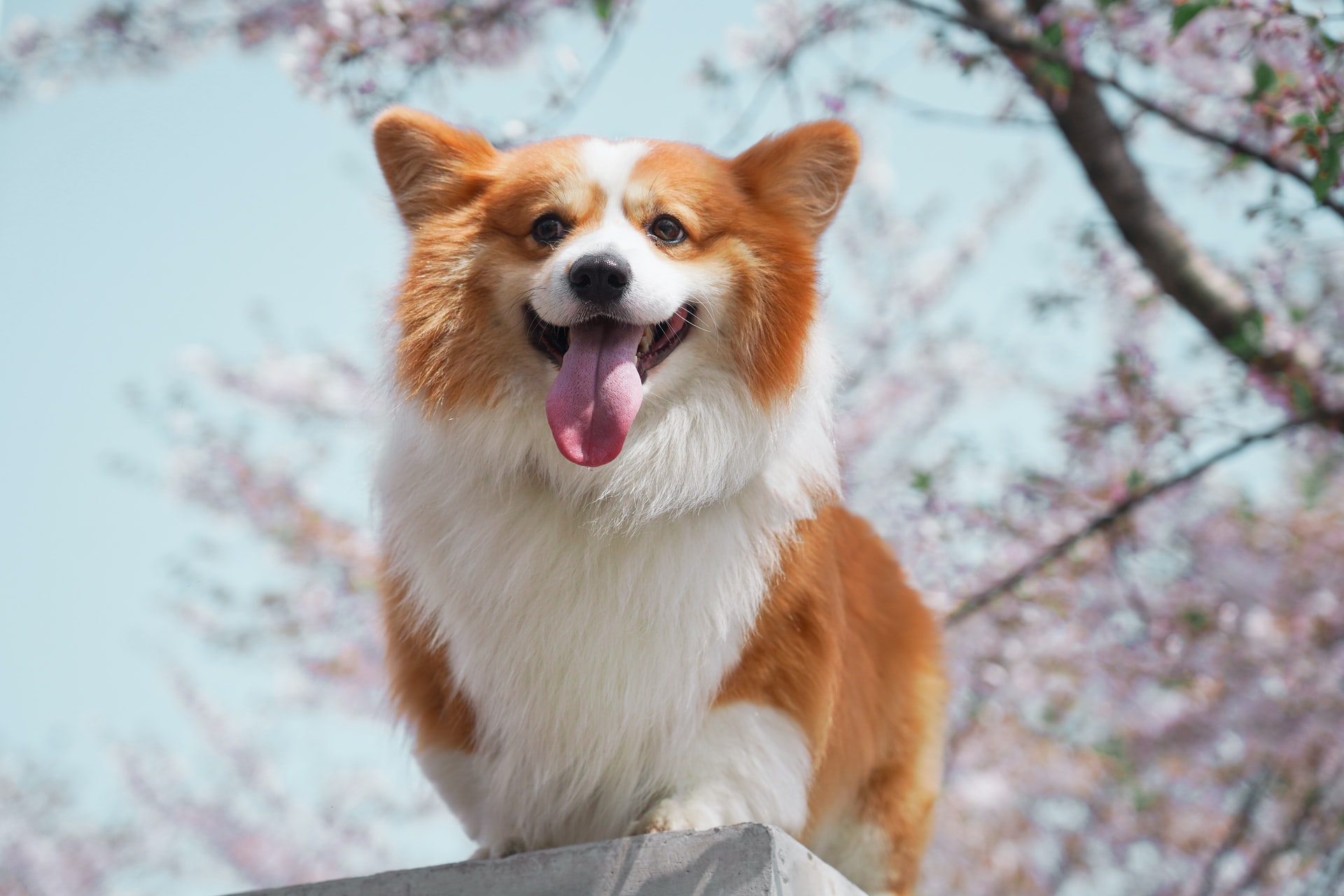
Removing Synthetic Odors:
Although people enjoy the scents and perfumes in furniture, bedding, pet shampoo, and other household items, dogs may find them repulsive. There is a possibility that rolling in foul substances will mask unpleasant scents.
Getting the Attention of Others:
Solid and unusual smells might attract a possible mate’s attention or provide a dog a chance to stand out among the rest of the dogs in the pack. This has the potential to affect the dog’s social standing and place in the pack.
Enjoyment:
It’s impossible to deny the sheer satisfaction dogs get from rolling about in stinky gross stuff and then twisting and turning to distribute it all over. There’s a good chance that part of their rolling is motivated by pure amusement.
Identification:
When one dog eats something poisonous, the rest of the dogs in the pack may also eat the same thing. This can foster a sense of belonging among the animals in the pack and contribute to the development of social behavior.
Reducing the Number of Smelly Wheels:
Whatever the reason, the result is always the same: a dirty, smelly dog.
Other surfaces the dog may come into contacts with, such as their beds, rugs, and furniture, may pick up the smells initially on those surfaces. This makes getting rid of the odors a problematic task.
Many dog owners would instead prevent their pets from ingesting stinky things in the first place. Simple training methods can help keep your dog from ingesting smelly things when he’s out and about.
Discourage your dog from rolling over by using a spray gun, or reinforce the order “stop” or “to me” by giving your dog delectable treats or other positive reinforcement.
To ensure that your dog understands what conduct is acceptable, you must reinforce this training regularly. Start by clearing the area of everything that can attract your dog and encourage him to start rolling over.
Another solution is to use robust fencing and other barriers to prevent your dog from finding a smelly location to roll to prevent them from getting to the profane material.
This implies cleaning up excrement and not using manure or compost in the garden or landscaping. On walks, make sure your dog is well-tethered and watch out for any hazards like carcasses or rubbish that could cause him to roll.
Finally, reducing the number of synthetic scents and perfumes applied to the dog can reduce any excessive rolling. Discourage your dog from chewing on potpourri, incense, or other fragrant items by using unscented detergents and shampoos for your pet.
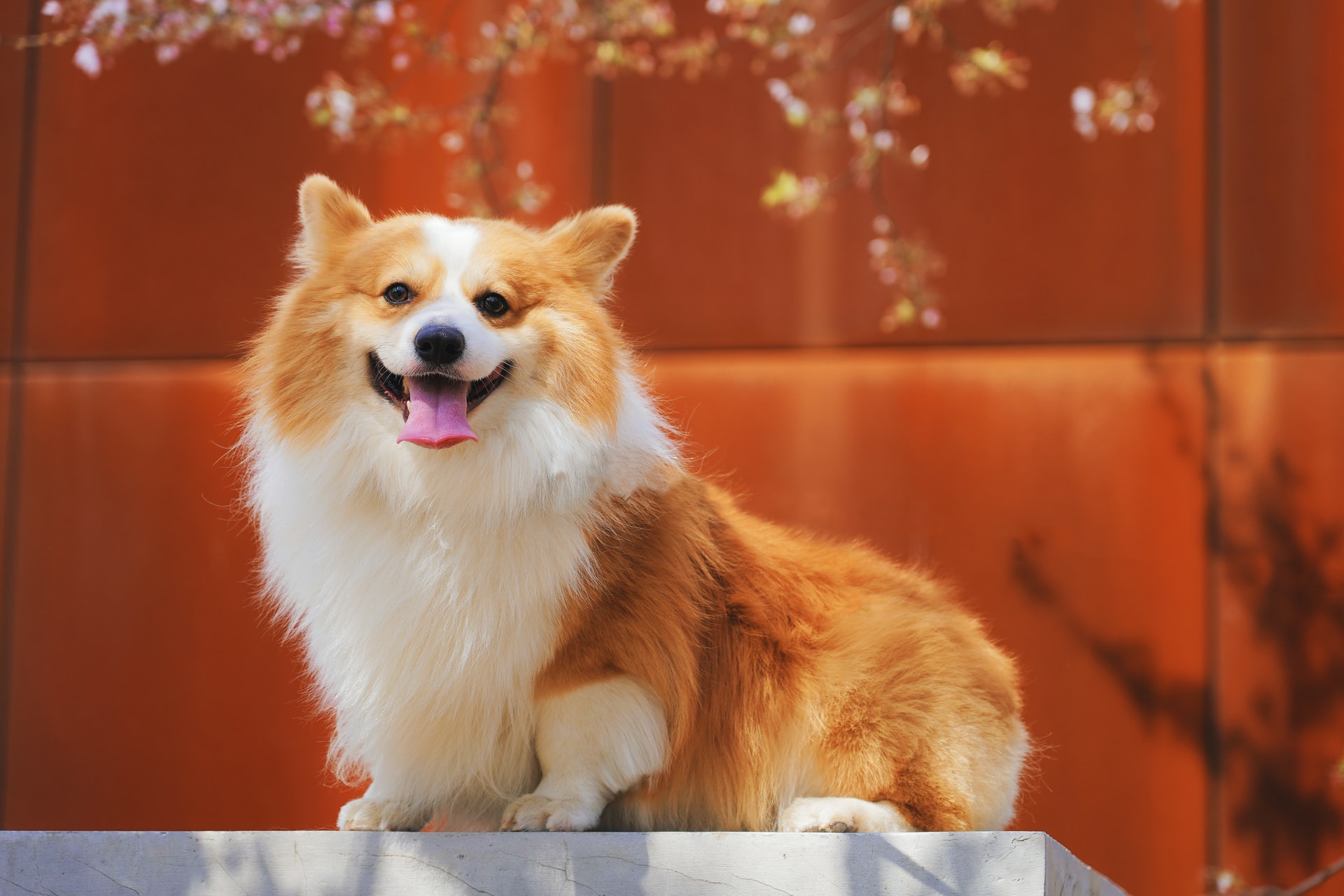
Eradicating Bad Breath:
Well-trained dogs may eventually ingest something that their owners find repulsive. When this happens, it’s critical not to reprimand the dog because the animal will have no idea that its instinctual behavior was in the wrong place.
Clean the surface. You can use it to deodorize and clean a dog’s stinky coat effectively. As an alternative, make a concerted effort to quickly remove all of the harmful gross stuff, muck, and debris from the dog’s area.
Using pet-safe deodorizing sprays and commercial deodorizing shampoos can help keep your dog smelling fresh no matter what they get themselves into.
As he rolls it around the top of it, paws held high, your dog protective measure himself in whichever repugnant gross stuff substance this is he’s unearthed. According to one popular theory, dogs do this to disguise their own scent so they can remain undetected by prey or predators.

